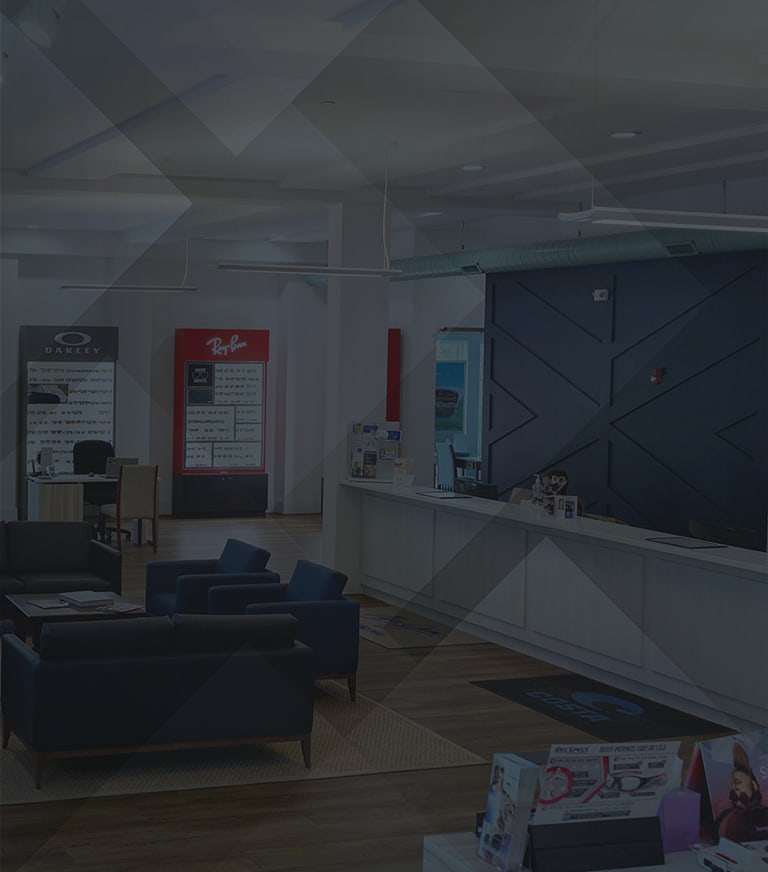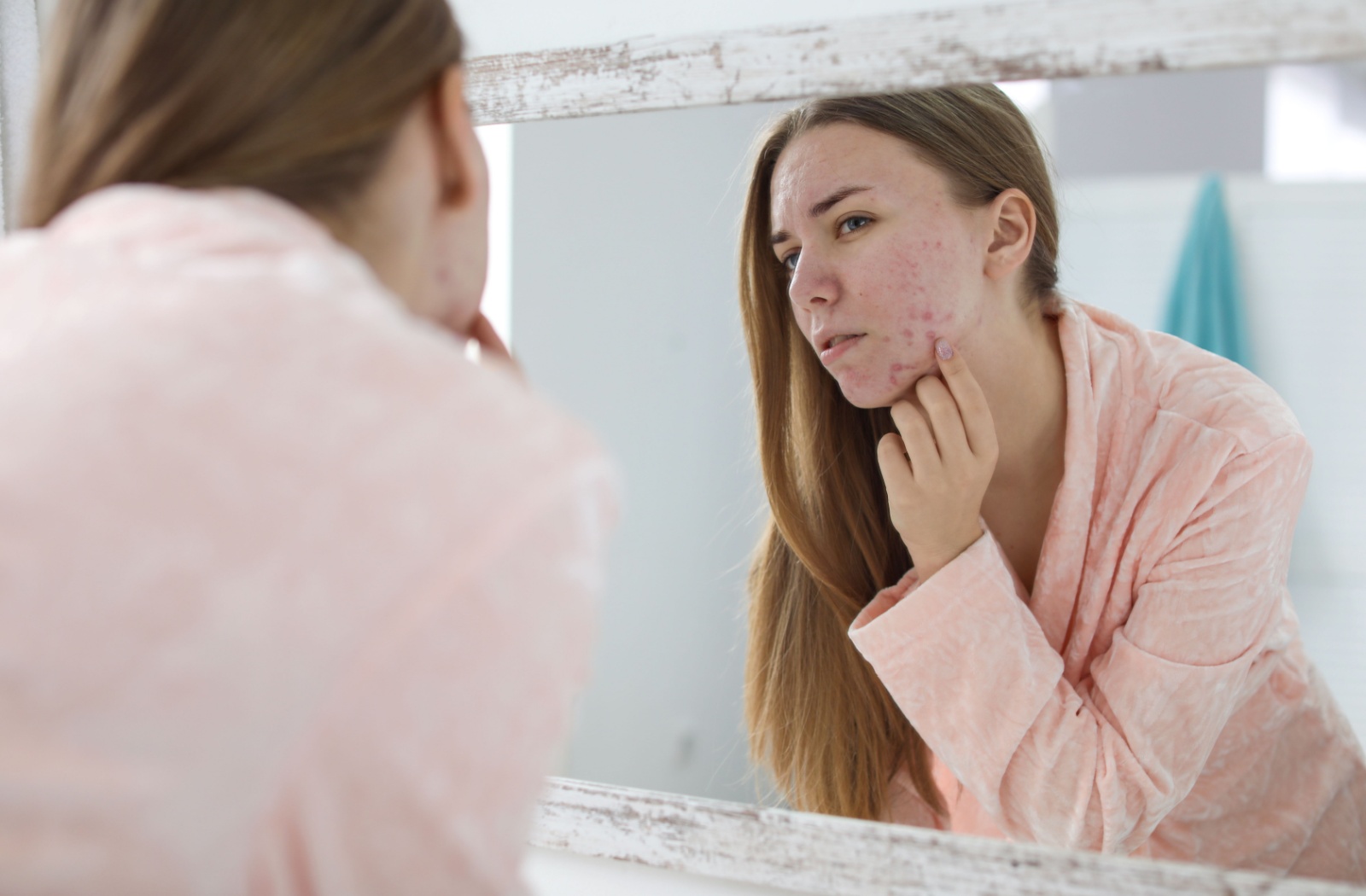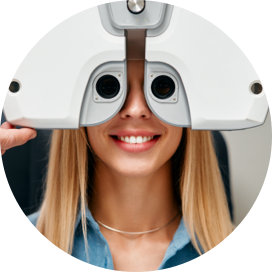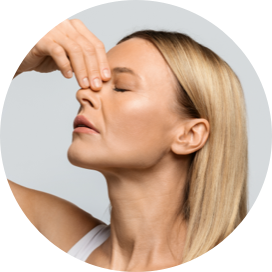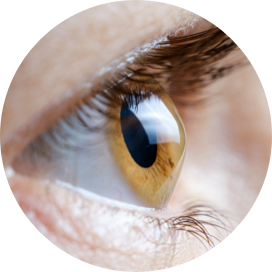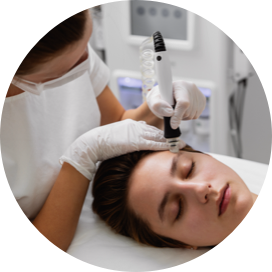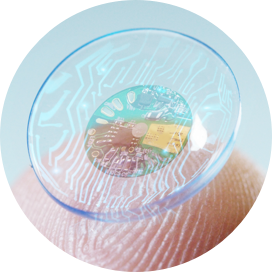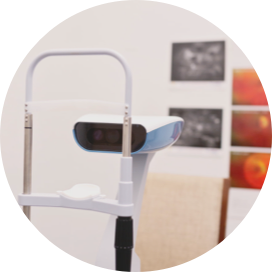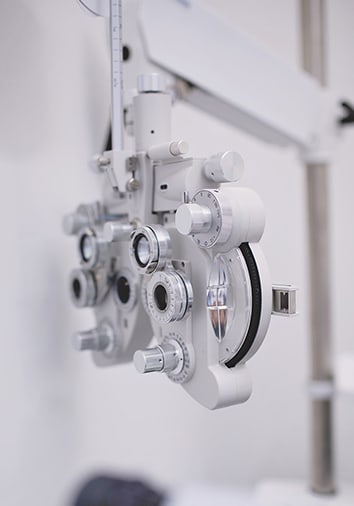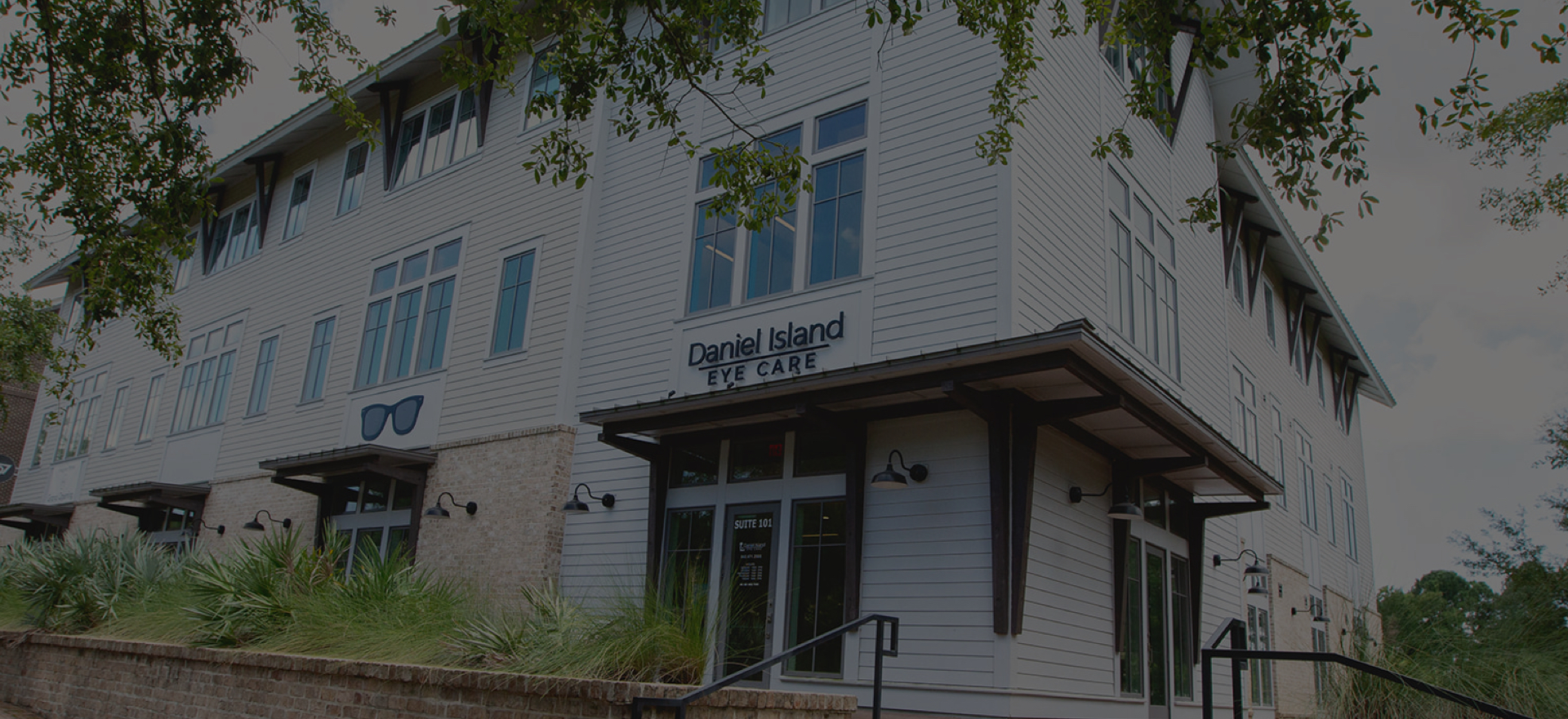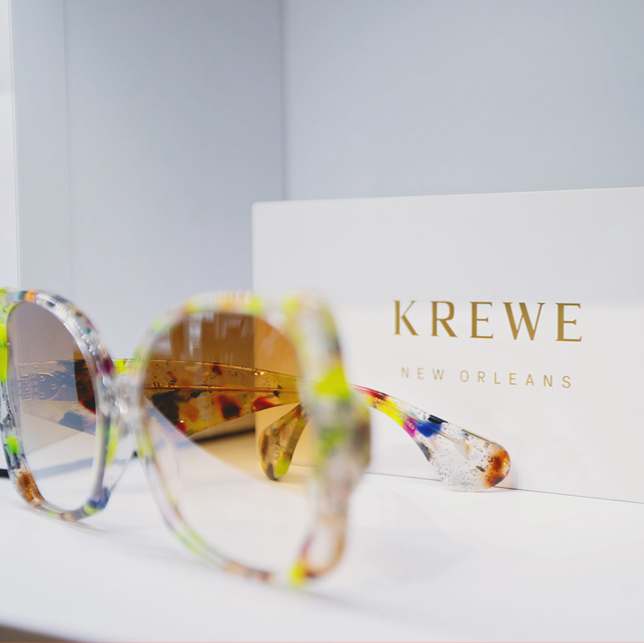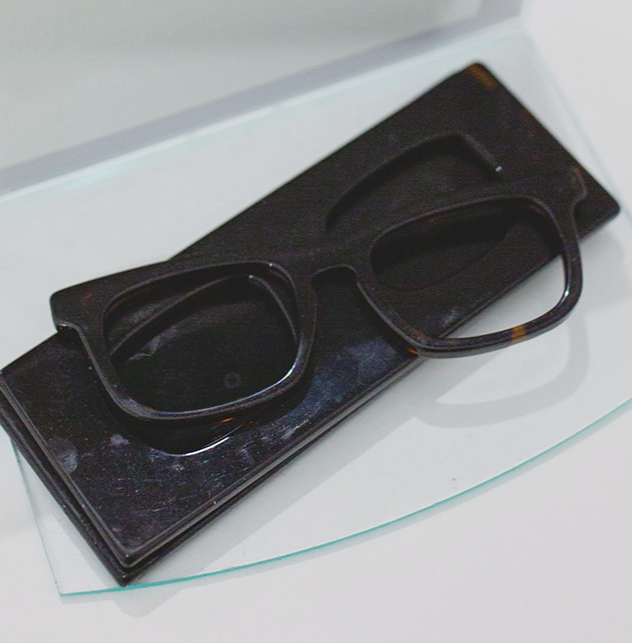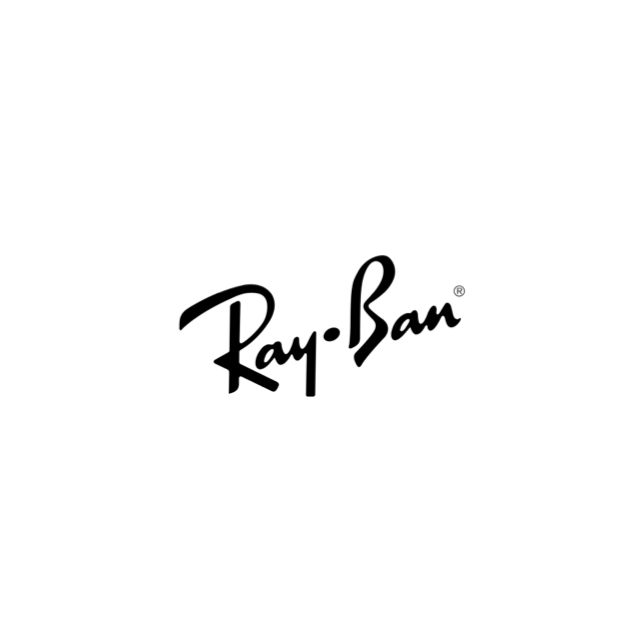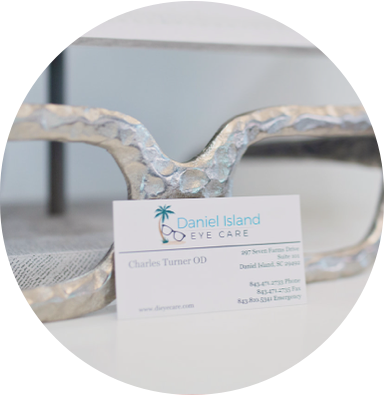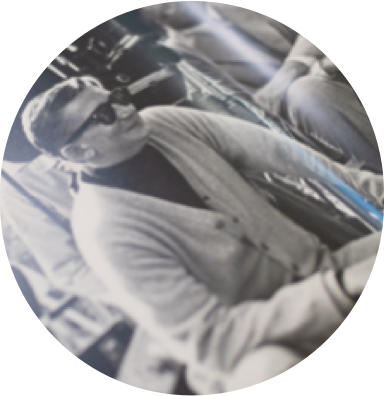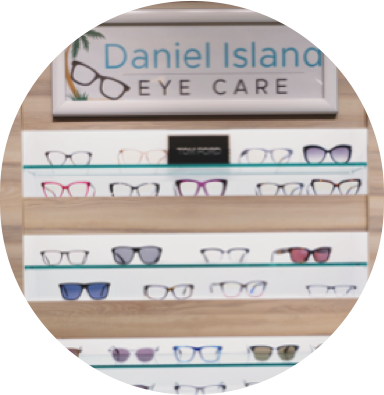Dealing with acne can be frustrating. You’ve probably tried countless creams, cleansers, and maybe even changed your diet, all in the hopes of achieving clear, radiant skin. With the rise of supposed holy-grail skincare routines, it may appear as though topical treatments are the only way to support your skin, but this isn’t the case.
Take in-office treatments like Intense Pulsed Light (IPL) therapy, for example. This gentle, non-invasive option uses controlled light pulses to penetrate deep into the skin to address a variety of skin concerns, including acne and acne scars.
With consistent sessions, IPL therapy is a fantastic addition to your staple skincare routine. The journey to brighter, smoother, and rejuvenated skin is closer than you think.
All About IPL Therapy
First things first, let’s clear up a common misconception. Although IPL is often grouped with “laser” treatments, it’s technically not a laser, which uses a single, focused wavelength of light energy. Instead, IPL uses a broad spectrum of light with multiple wavelengths.
The IPL device delivers this broad-spectrum light in short, intense pulses, which we can filter and refine to target specific skin concerns. The light penetrates the second layer of your skin (the dermis) without harming the top layer (the epidermis). The pigment cells in your skin absorb this light energy, then convert it to heat that targets unwanted pigment, bacteria, or stimulates collagen production, depending on the specific concern we’re addressing.
Because of its versatility, IPL is used to treat a variety of skin conditions, including:
- Sun damage and sunspots
- Freckles
- Vascular lesions like broken capillaries
- Rosacea
- And, of course, acne.
A single session can address multiple skin concerns simultaneously, making IPL a fantastic option for those with busy schedules. On top of that, the treatment is non-invasive and requires little to no downtime, allowing you to return to your daily routine almost immediately after treatment. Just be sure to protect your skin!
How Does IPL Therapy Work for Acne?
Before you get too hard on yourself, remember that everyone gets acne. You are not alone. But, we get it. The persistent flare-ups and scarring can take a toll on your confidence.
Acne typically starts when your pores get clogged with oil (sebum) and dead skin cells, creating a perfect environment for a certain type of bacteria, Propionibacterium acnes (P. acnes), to thrive. This bacterium triggers inflammation, leading to the red, swollen pimples we all know and dislike.
IPL technology tackles acne from multiple angles:
- It kills acne-causing bacteria: The broad-spectrum light from the IPL device targets and destroys the P. acnes bacteria living on and under your skin, which helps reduce the number of active breakouts and prevent new ones from forming.
- It reduces inflammation and redness: The heat from IPL energy helps to calm the inflammation associated with active acne. This can significantly reduce the redness and swelling of pimples, making them less noticeable.
- It can minimize acne scars: IPL can also help with the aftermath of a breakout: acne scars. It targets the red and brown marks (post-inflammatory hyperpigmentation) that pimples often leave behind. The light energy breaks this pigment, leading to a more even skin tone. It also stimulates collagen production, which can help improve the texture of shallow acne scars over time.
Simply put, IPL addresses the cause and visible signs of acne, making it a powerful tool for helping you achieve the smooth, even, and clearer skin you’ve been seeking.

Is IPL Right for Your Skin Type?
Results with IPL therapy speak for themselves. Many patients notice a significant improvement in the appearance of their skin. But, at the end of the day, IPL therapy is still a medical device. While it’s effective for many, it’s not a universal treatment for acne that’s suitable for everyone.
Ideal candidates for IPL acne treatment typically have:
- Light to medium skin tones: IPL works most effectively and safely on skin types I-IV on the Fitzpatrick scale. People with lighter skin tones see the most promising results, because there’s less melanin to compete with the targeted bacteria and blood vessels.
- Mild to moderate inflammatory acne: IPL excels at treating red, inflamed pimples rather than blackheads or whiteheads. If your acne is primarily inflammatory (those painful, red bumps), IPL could be an excellent option.
- Realistic expectations: IPL requires multiple sessions and gradual improvement, so people who understand this tend to be happiest with their results.
- Commitment to sun protection: Since IPL makes your skin more sensitive, ideal candidates are willing to be diligent about sunscreen and sun protection.
- Good overall health: You should be in generally good health without any conditions that affect wound healing or immune function.
For this reason, it’s absolutely essential to have a thorough consultation with your optometrist, where they can assess your skin type and determine whether IPL is right for you. If not, we can always recommend alternative solutions that better align with you.
Find Your Path to Clearer Skin
IPL therapy can be a valuable addition to your skincare routine—for the right candidate. This innovative treatment comprehensively addresses acne, targeting bacteria, reducing inflammation, and evening out your overall skin.
Let our Daniel Island Eye Care team help you achieve your skincare goals. It all starts with an initial consultation. Connect with us to book an appointment. Brighter, clearer, and rejuvenated skin starts here.
